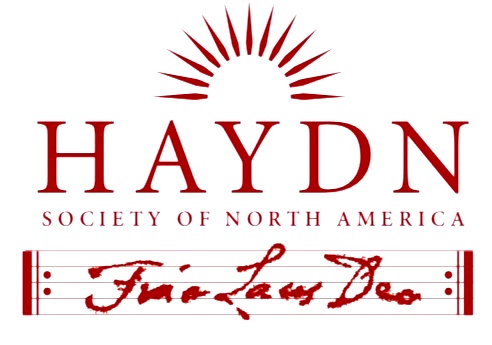
Document Type
Article
Abstract
The culture of sensibility—an aesthetic of feeling that privileges the capacity for sympathy, primarily experienced through sentimental novels—permeated theoretical concerns of the fine arts in the eighteenth-century. While scholars have examined how this culture informed music during the period, the affective content of sentimental keyboard and opera styles inadequately describes certain slow movements from Haydn’s string quartets. Instead, these movements resemble what I call an affect of refined sentiment, an aspect of sensibility that has yet to be studied in relation to music. This affect of refined sentiment resembles the literary archetype of the so-called “Man of Feeling” from eighteenth-century sentimental novels, such as Henry McKenzie’s Man of Feeling (1772), characterized by moderate expression and reflection. Haydn’s reception, particularly the way his contemporary biographers framed his life as one of diligent and virtuous work, connects the composer to the sentimental ideal of masculine behavior. I therefore suggest an analogy among ideal masculine behavior as defined by this branch of the sentimental culture, and certain slow movements of Haydn’s string quartets. This article will do more than prove that an affect of refined sentiment exists, however. It will also show how Haydn developed this affect to create expressive nuances, particularly in Op. 77 no. 1. By describing the affective devices Haydn imported from sentimental opera and keyboard music, as well as larger compositional process of reflection, I offer a way to hear Haydn’s string quartet slow movements through a facet of the pervasive eighteenth-century culture of sensibility.
Recommended Citation
Boisjoli, Eloise
(2018)
"Haydn as a Man of Feeling: The Affect of Refined Sentiment in Selected Slow Movements of Haydn's String Quartets,"
HAYDN: Online Journal of the Haydn Society of North America: Vol. 8:
Iss.
1, Article 2.
Available at:
https://remix.berklee.edu/haydn-journal/vol8/iss1/2
© Haydn Society of North America ; Boston: Berklee Library, 2018. Duplication without the express permission of the author and/or the Haydn Society of North America is prohibited.


